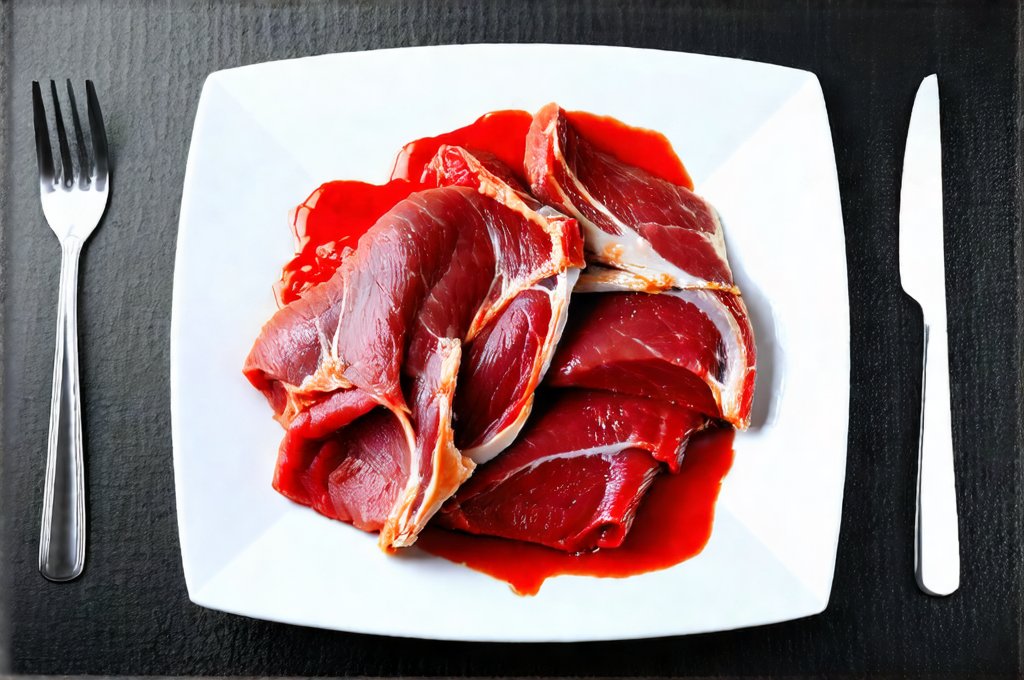Building muscle isn’t solely about hitting the gym; it’s fundamentally a nutritional endeavor masked as an athletic pursuit. Many newcomers focus intensely on lifting weights but underestimate the critical role that diet plays in fueling growth and recovery. Without providing your body with the necessary building blocks – namely, protein – even the most rigorous workout routine will yield limited results. Think of your workouts as the stimulus for muscle growth, and nutrition as the provision of materials to actually build those muscles. It’s a synergistic relationship where one cannot truly thrive without the other.
The common misconception is that you need to drastically alter everything about your diet overnight or consume mountains of food. This often leads to overwhelm and eventual abandonment of healthy habits. Instead, focus on making sustainable changes based on sound nutritional principles. We’ll explore how to nourish your body effectively for optimal muscle growth, focusing on the core components of a muscle-building diet and practical strategies you can implement today. It’s about understanding what your body needs and providing it in a consistent and balanced manner – not restrictive dieting or unrealistic expectations.
Macronutrient Fundamentals
Macronutrients are the cornerstone of any effective muscle-building diet, consisting of proteins, carbohydrates, and fats. Each plays a distinct role in supporting muscle growth, energy levels, and overall health. Understanding their functions will empower you to make informed dietary choices. Protein is arguably the most critical macronutrient for muscle building; it’s literally the material your muscles are made of. Carbohydrates provide the energy needed to fuel workouts and replenish glycogen stores (the body’s primary source of energy during exercise). Finally, fats are essential for hormone production, nutrient absorption, and overall well-being.
A general guideline for macronutrient ratios geared towards muscle growth is around 40-50% carbohydrates, 30-35% protein, and 20-30% fats. However, these percentages can be adjusted based on individual factors like activity level, metabolism, and body composition goals. The key isn’t rigidly adhering to specific numbers but focusing on consistent intake of all three macronutrients in appropriate quantities. It’s also important to prioritize quality over quantity – choosing whole, unprocessed foods whenever possible.
Don’t fall into the trap of thinking you need exotic supplements or superfoods. A well-rounded diet based on real food is far more effective than relying on quick fixes. Focus on sources like lean meats (chicken, turkey, fish), eggs, dairy products, beans, lentils, whole grains (brown rice, quinoa, oats), fruits, vegetables, and healthy fats (avocados, nuts, olive oil). Remember, consistency is paramount; small, sustainable changes over time yield far greater results than drastic measures.
Protein Intake: How Much Do You Really Need?
Determining your protein needs can feel complicated, but it’s a crucial aspect of muscle growth. A commonly cited recommendation is 0.8 grams of protein per pound of body weight (or 1.6-2.2 grams per kilogram). However, this number can vary depending on factors such as training intensity, experience level, and individual metabolism. Beginners generally benefit from the lower end of that range, while more experienced lifters may require slightly higher amounts.
Prioritize protein distribution throughout the day. Instead of consuming a large amount in one sitting, aim for 20-40 grams of protein per meal. This ensures a consistent supply of amino acids – the building blocks of protein – to support muscle protein synthesis (the process of repairing and rebuilding muscle tissue). Excellent sources include chicken breast, fish, Greek yogurt, eggs, lean beef, tofu, and beans.
Don’t underestimate the importance of post-workout protein intake. Consuming a source of protein within an hour after your workout can help accelerate recovery and maximize muscle growth. A simple shake with whey protein or a small meal containing lean protein and carbohydrates are both effective options. Remember that adequate hydration is also crucial for protein absorption and utilization.
Carbohydrate Timing and Selection
Carbohydrates often get a bad rap, but they’re essential for providing the energy needed to power your workouts and replenish glycogen stores. The type of carbohydrate you choose matters significantly. Prioritize complex carbohydrates over simple sugars. Complex carbs – found in foods like whole grains, vegetables, and fruits – are digested more slowly, providing sustained energy levels and preventing spikes in blood sugar.
Timing your carbohydrate intake around your workouts can be particularly beneficial. Consuming a moderate amount of carbohydrates before your workout provides fuel for performance, while consuming carbohydrates after your workout helps replenish glycogen stores and supports recovery. Consider options like oatmeal, sweet potatoes, brown rice, or fruit as pre-workout snacks, and similar complex carbs post-workout along with some protein.
Avoid excessive consumption of processed sugars and refined carbohydrates, such as white bread, pastries, and sugary drinks. These provide empty calories and can hinder your progress. Instead, focus on creating a balanced diet that includes a variety of nutrient-rich carbohydrate sources to support both performance and overall health.
The Role of Healthy Fats
Often overlooked in the muscle-building conversation, healthy fats are vital for hormone production (including testosterone, which plays a crucial role in muscle growth), nutrient absorption, and overall well-being. Don’t fall into the misconception that you need to eliminate fats from your diet; instead, focus on incorporating healthy fat sources.
Good sources of healthy fats include avocados, nuts, seeds, olive oil, fatty fish (salmon, tuna), and coconut oil. These provide essential fatty acids, which are crucial for numerous bodily functions. Avoid trans fats and limit saturated fat intake to maintain optimal health. Aim for around 20-30% of your daily caloric intake from healthy fats.
Fats also contribute to satiety – the feeling of fullness – which can help you stay on track with your diet. Including a source of healthy fats in each meal can promote feelings of satisfaction and prevent overeating. Remember that balance is key; while healthy fats are essential, moderation is still important.




